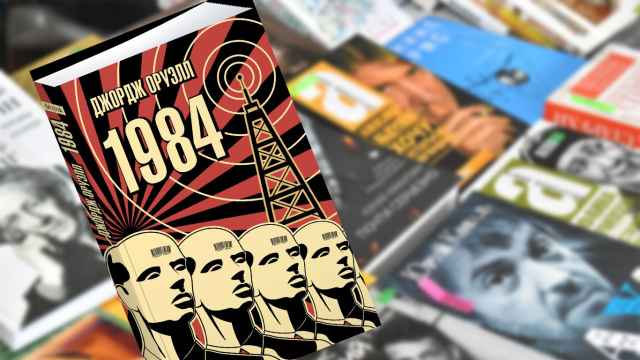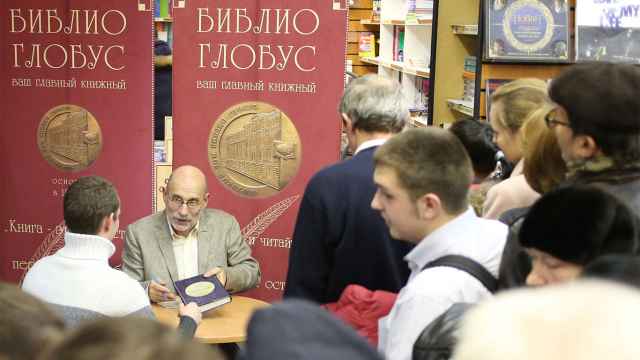Censorship of literature is not new in Russia. In 2010 the Russian parliament passed a law requiring age-appropriate labels on books, esssentially requiring authors to avoid controversial themes such as drugs, sex, and profanity to retain a broader readership.
After Russia’s full-scale invasion of Ukraine, in March 2022 the government published amendments to the Criminal Code, known simply as the law on “fakes” that establish punishments for "discrediting" or disseminating "unreliable information" about the Russian Armed Forces.
Now the stakes have become much higher. These amendments were used to launch criminal investigations into several prominent writers, such as Dmitry Bykov, Boris Akunin, and Dmitry Glukhovsky. Fortunately, most of them were already safely abroad by then.
For the writers who remained in Russia, the situation is different. Many of the writers and critics contacted by The Moscow Times asked not to be quoted or even mentioned. Critics, including those who have left Russia, now tread carefully, aware that their reviews could have serious consequences for authors.
In several instances, a critical review has brought an author to the attention of pro-war bloggers, leading to the cancellation of speaking engagements at festivals and the risk that the author’s books will be pulled from shelves. As one blogger mentioned in a book review, “pointing out certain things feels almost like writing a denunciation."
Some writers avoid the topic of war altogether, allowing readers to assume their stories are set in pre-war or even pre-Covid Russia. Others reference only the "side effects" of the war: a sudden need to move to a neighboring country, or a protagonist’s frustration that s/he can no longer travel freely across Europe. The reasons behind these inconveniences are never addressed.
Z-writers, named after the 'Z' symbol used by pro-war supporters, have grown influential in shaping public opinion and focus on the war in their books (see “Set to the Music of Wagner” by Alexander Pelevin or “Militia Romance” by Zakhar Prilepin). Other writers are dealing with the war and new reality in the old-fashioned Russian way: writing so that readers can read between the lines.
Galina Yuzefovich, one of Russia’s most prominent literary critics, noted in a Telegram post that "books are now coming out where the events clearly take place during wartime. Without explicit judgment or condemnation, without romanticization or heroization — just as a fact of life. Yes, there’s a war, and we live, love, die and get caught in time loops on its periphery."
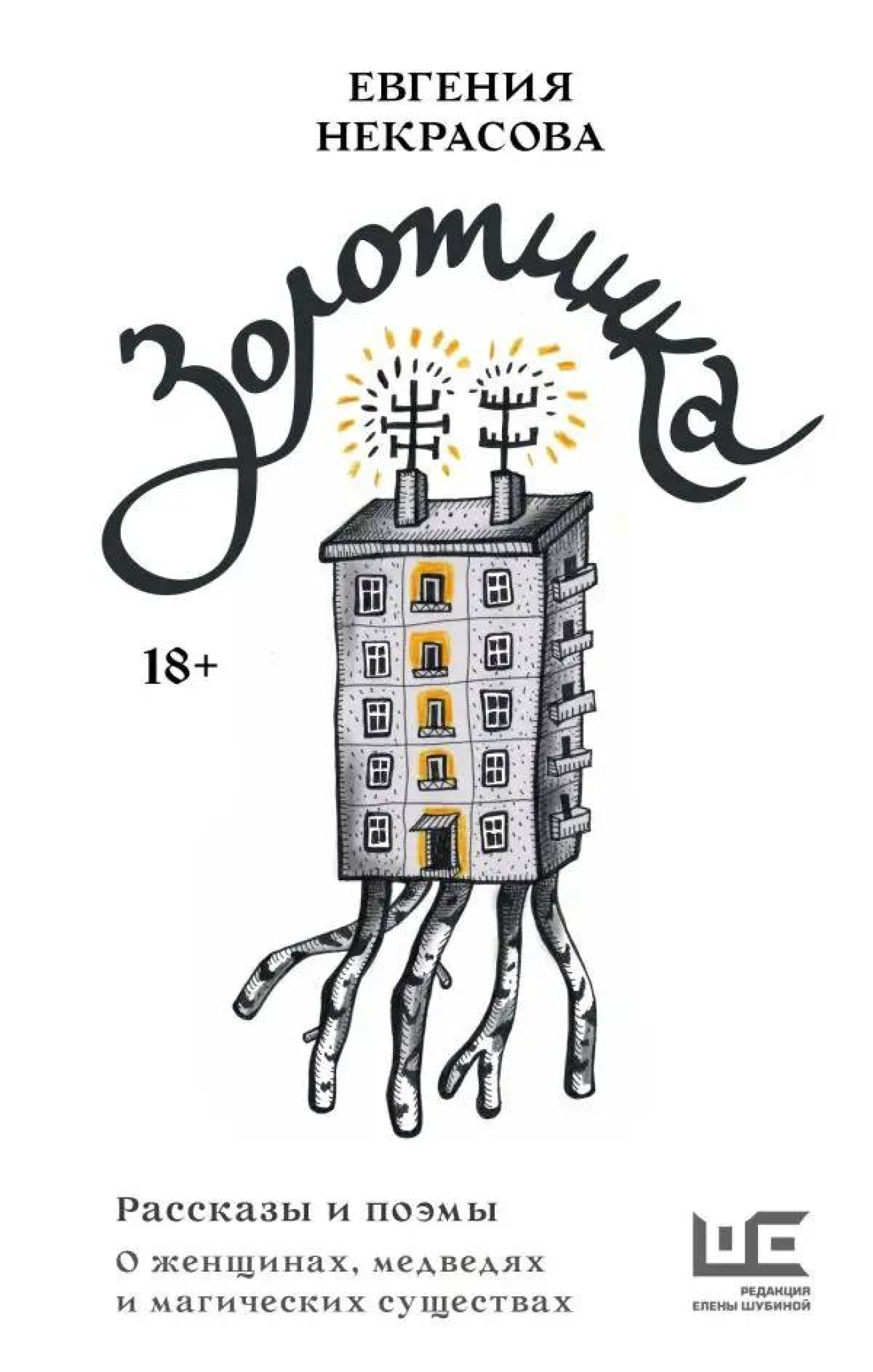
Many writers have turned to genre literature, which allows them the freedom to write about the present day. Yevgeniya Nekrasova, who often works in the vein of magical realism, leans toward folk horror — a style that’s most evident in her latest collection, “Zolotinka.”
In the title story, a young woman named Zolotinka is recruited into the army. Later, her parents receive notice of her death. Hailed as a hero in her small hometown, a school is named after her, and her parents receive a large settlement. However, it’s soon revealed that Zolotinka is still alive. When she returns home, she finds that her family — better off with her declared dead — reports her to the police as an imposter.
In another story, a paramedic receives a draft notice but escapes into the forest, where she suffers from a horrible leg injury and gradually transforms into Baba Yaga. In the story “Folds,” Olesya hides her boyfriend from the draft within the folds of her own body.
Anna Shipilova’s award-winning collection, “Soon in Moscow,” features stories that touch on the emotional toll of the war. The title story unfolds on a train approaching Moscow, where four women share their stories. One is pregnant, but her fiancé was conscripted before they could marry. Another plans to visit Lenin’s mausoleum to pray for her son's return. A wise woman had advised her: "Do you know who’s the most important among the dead? Who should you ask to bring your son back? He lies in Red Square — lucky for us that he’s here, and not over there, across the border."
Another story focuses on a chat group where women gather to pray for their loved ones' safe return from the front. "I ask for prayers," writes the main character, "for the killing of the enemies of Holy Russia, the Bidens, and all the lackeys of the West, and for the return of my husband from the Sacred War."
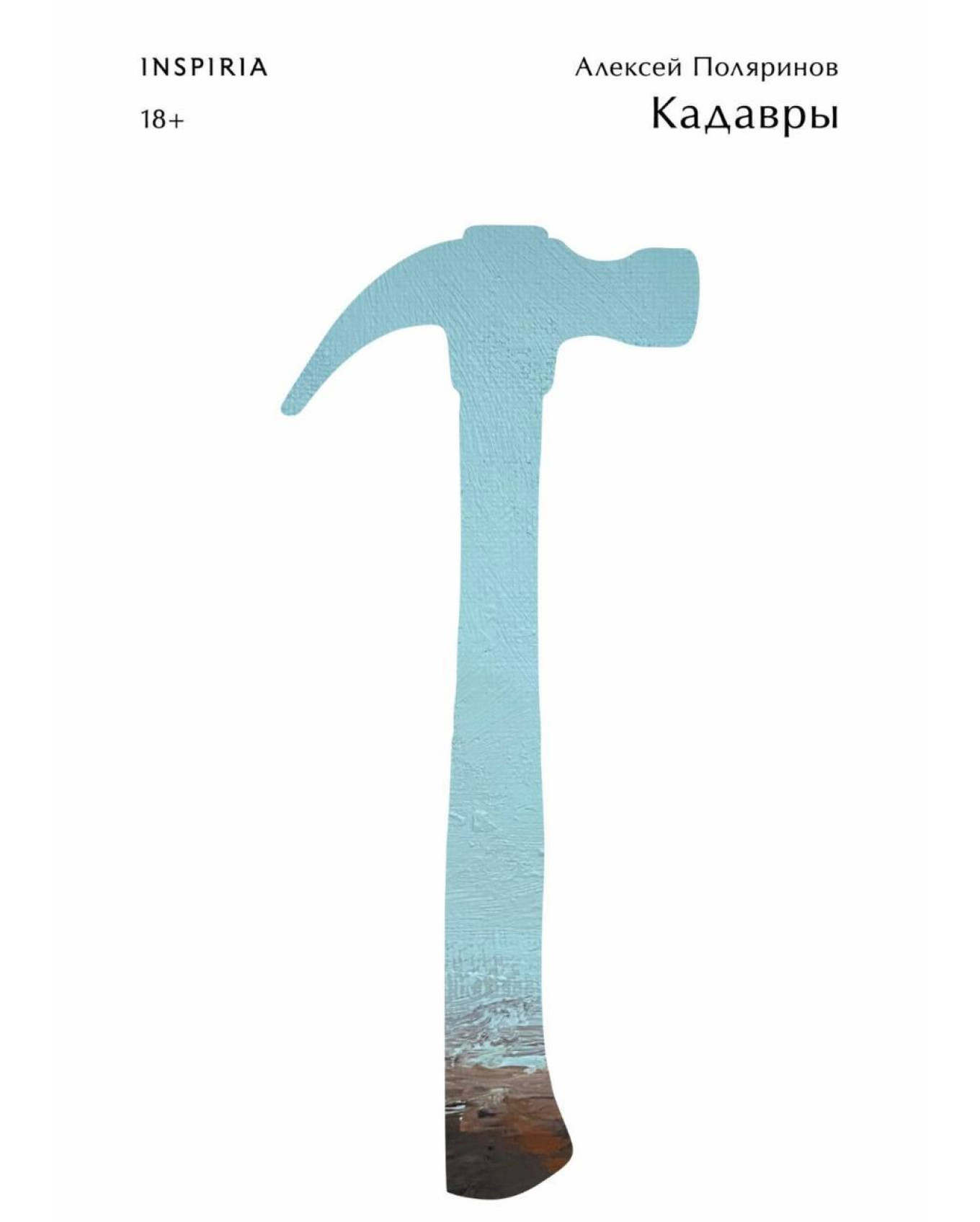
The dystopian novel “Cadavers” by Alexei Polyarinov describes an alternative Russia where “cadavers,” fossilized dead children, mysteriously appear out of nowhere. The fact that the cadavers appear in the year 2000 seems symbolic (the year of Putin’s first election), but their nature is never explained.
Polyarinov focuses on how society reacts to this phenomenon, as the plot follows a brother and sister on a road trip to southern Russia to study the cadavers. Meanwhile, a civil war rages in the North Caucasus, and southern Russia is under Chinese occupation, which has led to mass emigration of Russians. Here Polyarinov substitutes the real war in Ukraine with a fictional one, although it has a main character who works for an institute that is declared an “undesirable organization” and its employees are “evacuated from Russia.”
“The Two Hundred and Third Day of Winter” by Olga Ptitseva is a timely dystopia, in which Russia has declared an indefinite “winterization.” Everyone is engaged in maintaining snow cover, spring has become a practically banned word, and the country is ruled by “cold specialists” in white uniforms.
The main character Nyuta, a specialist in frost-resistant crops, cannot leave the country because of her profession, which is in high demand in the new circumstances. The references here are fairly straightforward. Nyuta addresses her boyfriend, who left Russia: “This is my life now — being afraid, hiding and thinking a hundred times before saying anything.”
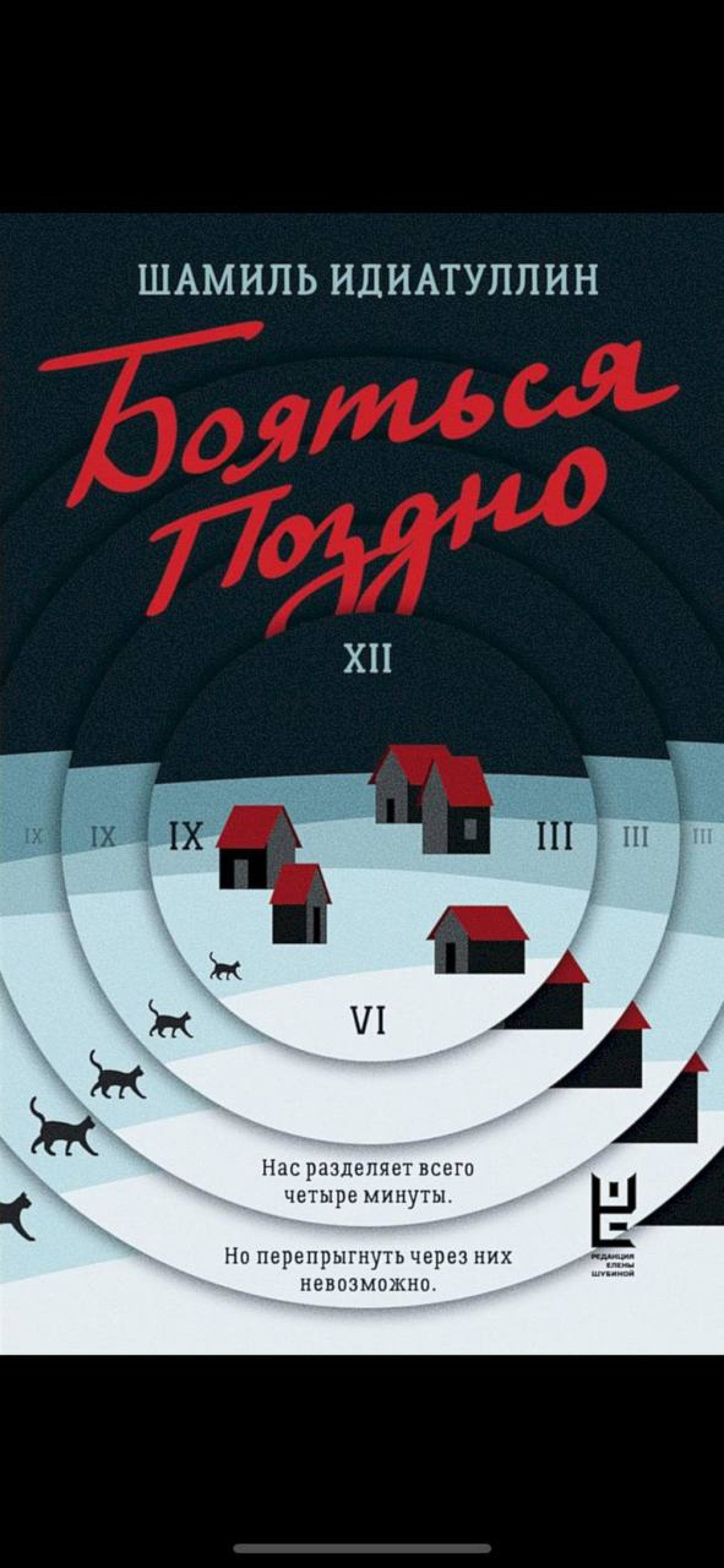
Shamil Idiatullin’s novel “Too Late to Be Afraid” blends elements of a locked-room mystery, science fiction, and magical realism. The story revolves around a time loop reminiscent of Groundhog Day, but with Tatar cultural markers. A group of young people from an online chat forum dedicated to investigating mysterious events decide to spend their winter holidays at a countryside cottage to test a new game.
One of the chat’s investigations involves a shadowy private military company called Handel (a clear reference to Wagner) and a corporation named Soglasie (meaning “Concord” in English, the name of Prigozhin’s umbrella company). As the antagonists from Handel attempt to murder the gamers, the time loop begins.
The plot in Konstantin Zarubin’s novel “Tales of L--- Writers” revolves around a mysterious book: a collection of Soviet science fiction that has a different title every time someone reads it (Leningrad writers or Lviv writers, for instance), which is where the novel’s name comes from. Each character who encounters the book can’t stop reading it, but everyone remembers it differently.
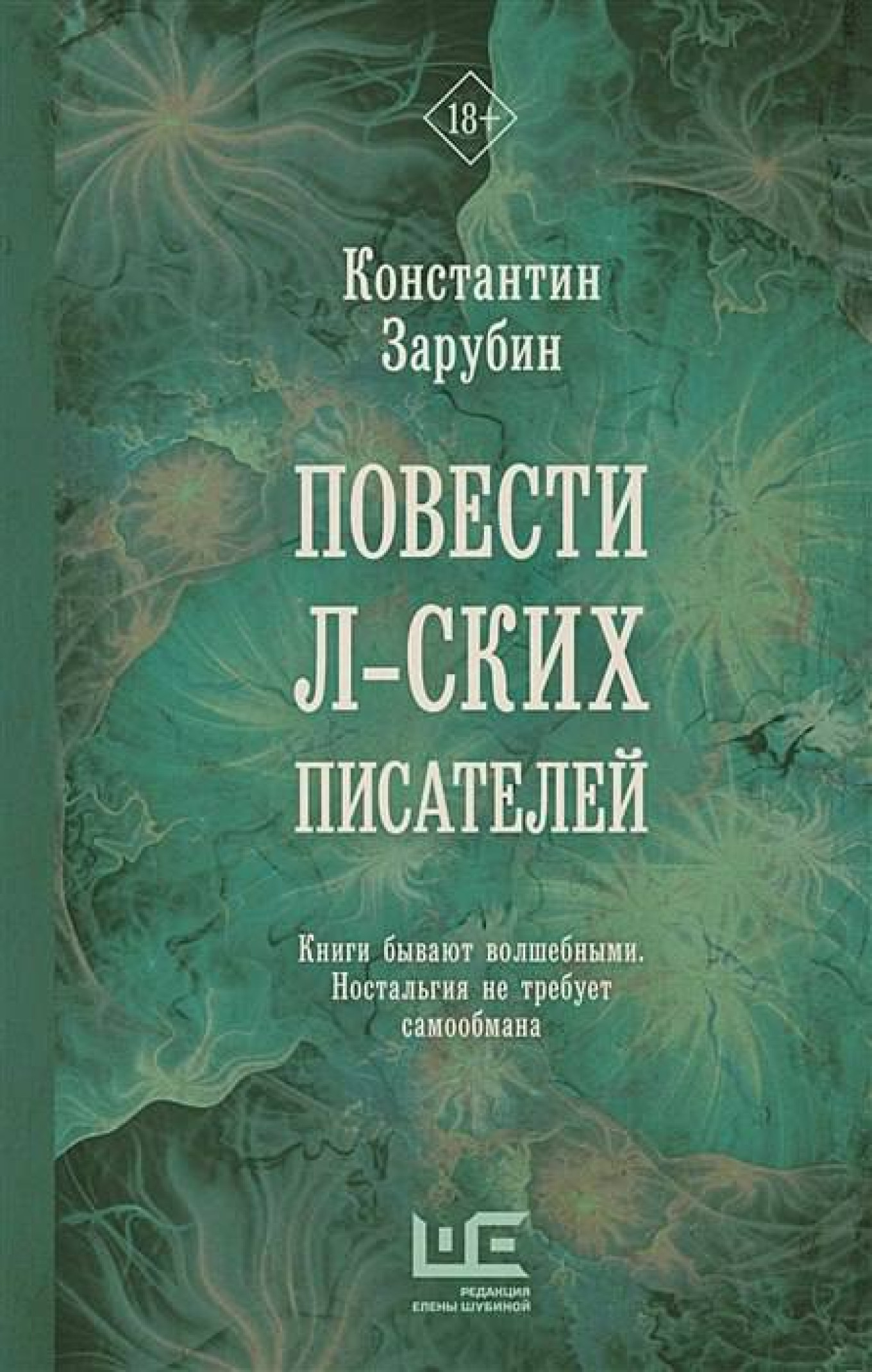
One of the investigators of this phenomenon, Alexandra Kollontai, a real-life Russian revolutionary apparently resurrected by aliens, prepares to cross the border into Russia to assassinate the president in the book's finale. Zarubin manages to get away with this by clever use of the made-up acronym ZGNTMI, initials of words that roughly translate as ”it is not allowed to mention it on the territory of the Moscow Empire."
For instance, Kollontai writes: "I inform you that at the beginning of the year 2022… Not earlier than the second half of January and not later than the first week of March... [ZGNTMI] will start a great imperialist [ZGNTMI]. The goal of which will be... the capture and destruction of the Ukrainian state..."
While many Russian novels, from romance to detective fiction, continue to steer clear of contemporary events, the works discussed here take a different path. By embedding new realities within magical realism, thrillers, or dystopian futures they offer readers a way to reflect on the present. In doing so, they carry forward a long tradition in Russian literature — using coded language, often called Aesopian language, and genre fiction to subtly comment on contemporary realities.
A Message from The Moscow Times:
Dear readers,
We are facing unprecedented challenges. Russia's Prosecutor General's Office has designated The Moscow Times as an "undesirable" organization, criminalizing our work and putting our staff at risk of prosecution. This follows our earlier unjust labeling as a "foreign agent."
These actions are direct attempts to silence independent journalism in Russia. The authorities claim our work "discredits the decisions of the Russian leadership." We see things differently: we strive to provide accurate, unbiased reporting on Russia.
We, the journalists of The Moscow Times, refuse to be silenced. But to continue our work, we need your help.
Your support, no matter how small, makes a world of difference. If you can, please support us monthly starting from just $2. It's quick to set up, and every contribution makes a significant impact.
By supporting The Moscow Times, you're defending open, independent journalism in the face of repression. Thank you for standing with us.
Remind me later.




